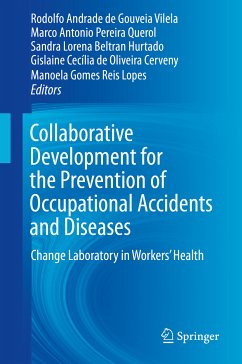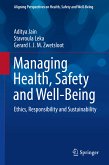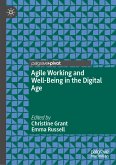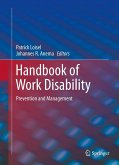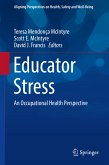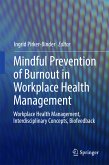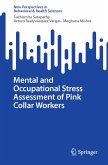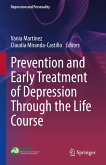The Change Laboratory method was first developed by Finnish researchers in the 90s and has been improved since then by an international network of research centers in ten countries. This volume presents the results of the experiences conducted by the Brazilian research group to apply the methodology to workers' health programs. It adopts a translational approach and seeks to elaborate a method of intervention that goes beyond the mere diagnostics to present solutions to concrete problems based on systematized and participatory research.
Collaborative Development for the Prevention of Occupational Accidents and Diseases - Change Laboratory in Worker's Health will be of interest to both researchers and professionals engaged in developing intervention programs to improve safety and health at work, such as occupational health professionals and researchers, organizational psychologists, safety engineers and public agents working with workers' health regulations. The book will also be of interest to occupational health students interested in learning how the Change Laboratory method can be applied to this field of research and activity.
Dieser Download kann aus rechtlichen Gründen nur mit Rechnungsadresse in A, B, BG, CY, CZ, D, DK, EW, E, FIN, F, GR, HR, H, IRL, I, LT, L, LR, M, NL, PL, P, R, S, SLO, SK ausgeliefert werden.

